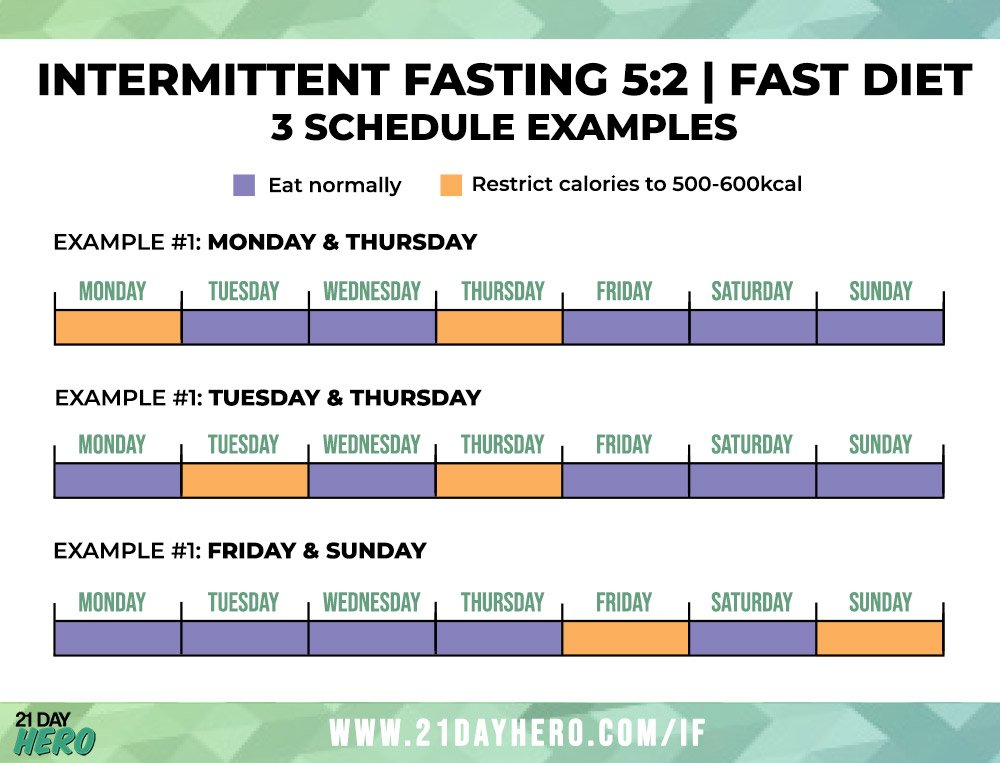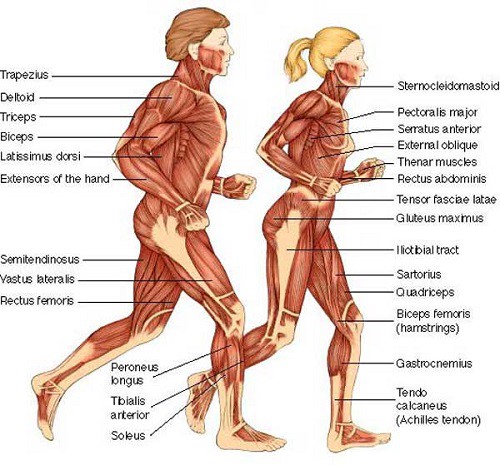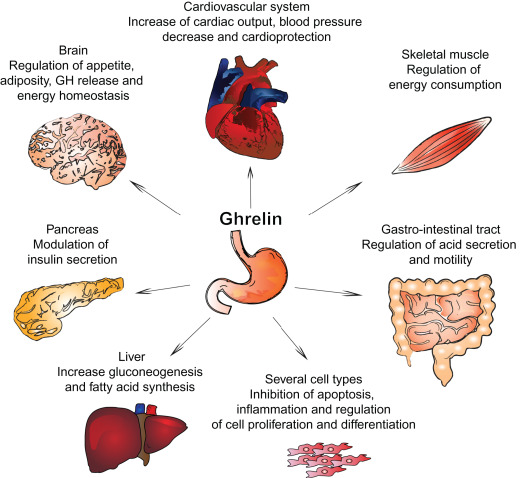Another Diet Fad? – Frankie Stenning
Intermittent fasting. This dieting style – or lifestyle – has become more popular over the past few years. It is based off the idea that our body is made to be able to easily endure short periods of time without food due to our evolution as a hunter-gatherer society. In a time now filled with plenty, intermittent fasting takes us back to a time where a constant supply of food was not always accessible.
The most popular styles of intermittent fasting are 16:8 or 5:2. The 16:8 style refers to hours in the day. An individual will fast for 16 straight hours and then consume food for only 8 hours. This means that if your first meal is at 1pm you can eat until 9pm. The 5:2 style refers to days. For 5 days of the week a person will eat as normal, but for 2 non-consecutive days (e.g. Monday and Thursday) they only eat around 600 calories. In the period of fasting, you can only drink water, tea or other drinks with a low-calorie consumption.

Many of the studies on intermittent fasting have been conducted on groups largely consisting of men. Therefore, many of the benefits associated with intermittent fasting may only be true for men. This is due to the biological makeup of female and male bodies. Due to hunter-gatherer societies, male and female bodies have grown to adapt to periods without food differently. When men lack food for a short period of time, they tend to see an increase in testosterone and the Human Growth Hormone (HGH). This, alongside an increased metabolic rate, sees a rise in energy for men so that they could go and hunt or find more food.
Women, however, have been seen to respond differently in the very few studies on the effects intermittent fasting has on their bodies, as instead they have grown to quickly prepare for a famine. Therefore, they hold onto food leading to increases in fat storage and weight. As many people undertake intermittent fasting to lose weight, it may not be the most efficient method for women for this reason.

Other people should also be wary of joining this dieting technique if they are diabetic, suffering from heart issues or have a history of mental health problems. This is because food is not being consistently given. For those in this scenario, a much better way of potentially losing weight may be to partake in more exercise and to become more aware of what they are eating. Nevertheless, if you have strong desire to undergo intermittent fasting – speak to your doctor first.
Although there appear to be many benefits to intermittent fasting, such as weight loss, reduced LDL (bad) cholesterol, reduced blood sugar levels and increased HGH levels, there are also negatives that could outweigh these positives. Intermittent fasting can make individuals feel weak and experience poorer brain performances until the body adapts to not having food at these times. Additionally, more extreme hunger may be experienced as the brain releases more of the hunger hormone ghrelin. For women, it can result in amenorrhea (a lack of menstruation) and difficulties with fertility. Intermittent fasting would also be harder to do whilst at school as many of us do not have direct control over the meals we eat during a day – we eat what the school supplies. Therefore, adapting our lifestyle is much harder.

Intermittent fasting is a dieting choice. Personally, I believe there are many different methods out there that would not only be easier to follow but also to continue, particularly whilst at school.















Post Comment
You must be logged in to post a comment.